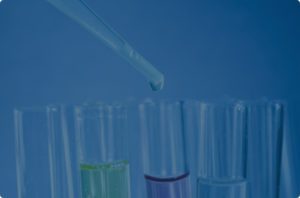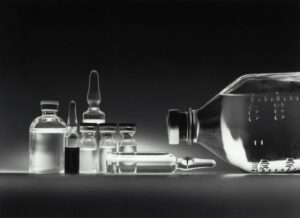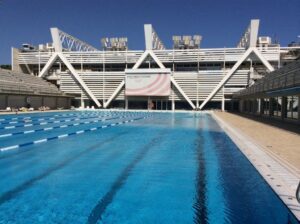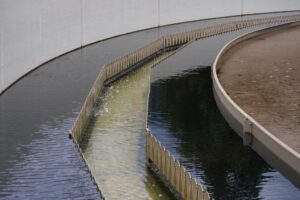01/28/2020 | Environmental | 9 MINUTE READ
Water Quality Association: Programs, Resources, and Services
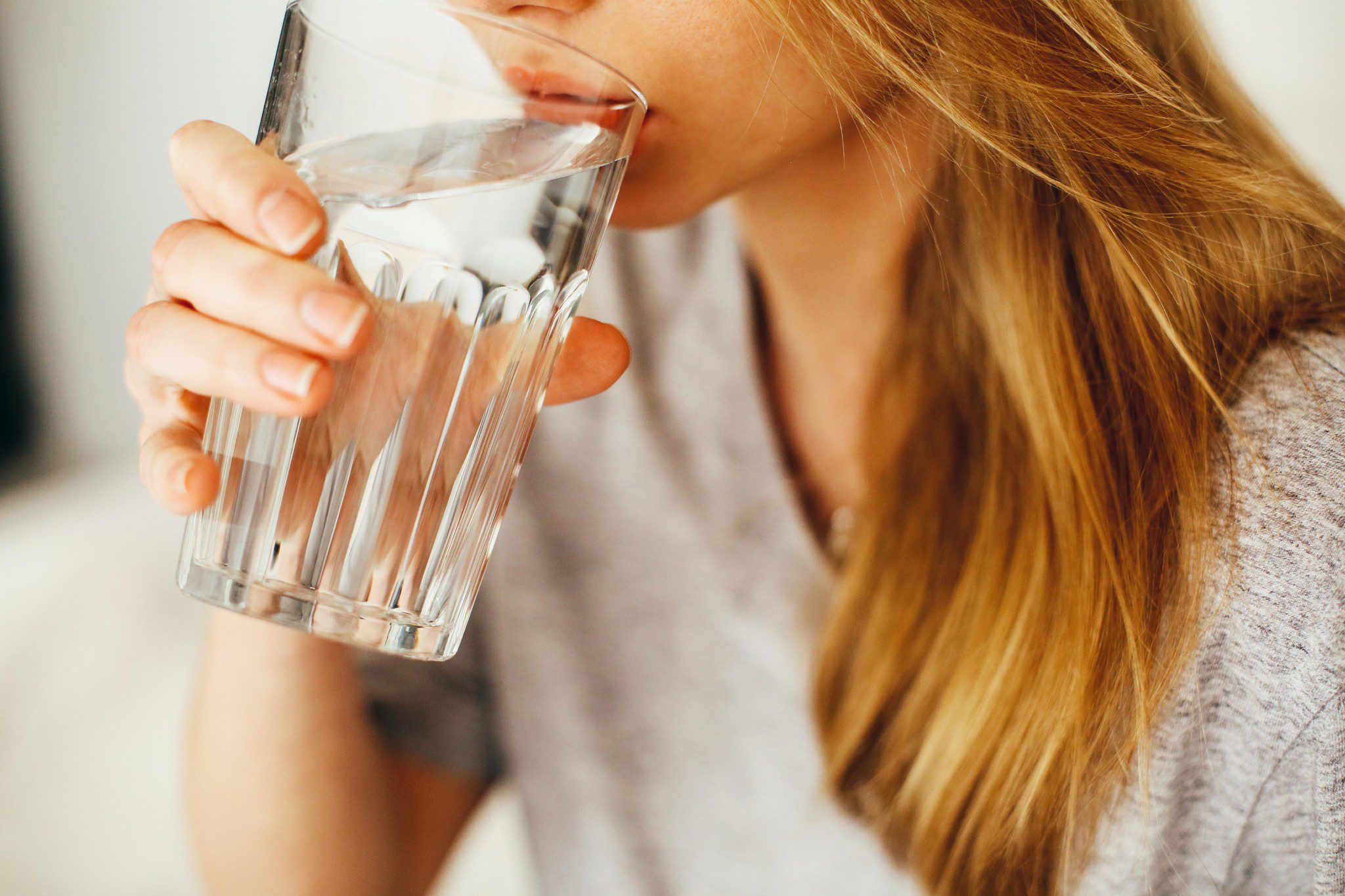
The quality of water is important in any environment because animals and humans require water to live while plants and trees require it to grow. Clean and pure water is essential if you want to properly maintain your health and well-being. Water is also used for cleaning, doing laundry, cooking, and bathing. Without clean water, these activities would cause bacteria to increase and diseases to flourish.
Water quality is also highly important for aquaculture and fish health. Fish are completely dependent on water and need it to grow, survive, and reproduce. No matter the industry that you work in, high quality water that’s free from impurities is needed to ensure that scale buildup is kept to a minimum and that the processes within the plant or factory are as efficient as possible.
Water Quality Association

The Water Quality Association is a non-profit international trade association that represents the commercial, industrial, and residential water treatment industry. They mainly focus on the aspect of the water treatment industry that’s centered around treating the water on the property of the homeowner or business owner, which can help to prevent contaminants in the water from entering a business or home.
Along with acting as a voice for the water quality and treatment industry, the WQA is also an educator for industry professionals, a provider of resources and information, and a laboratory for various types of product testing.
For instance, their educational offerings include onboarding tools, live education, and distance learning. The many resources that they offer for professionals who want to learn about water quality extend to events, publications, social media toolkits, valve shipment reports, and access to certified products and professionals.
The following article is aimed at providing you with a closer look at the Water Quality Association and how they relate to Sensorex products. It should also give you a better understanding of water quality monitoring.
About the Water Quality Association
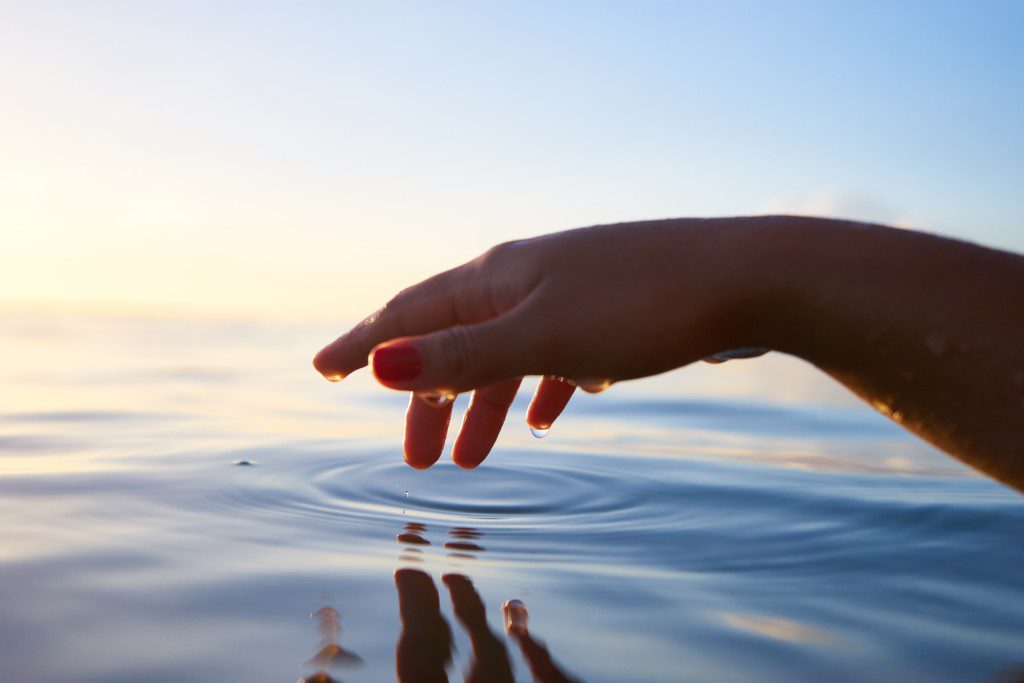
The Water Quality Association was initially created in 1974 with the merger of the Water Conditioning Foundation and the Water Conditioning Association International, both of which were trade associations.
- The Water Conditioning Association International primarily represented equipment dealers within the water treatment industry.
- On the other hand, the Water Conditioning Foundation represented manufacturers and suppliers of water treatment equipment.
- Combining these two trade associations into a single association allowed for more comprehensive and wide-reaching offerings that accounted for dealers, manufacturers, and suppliers.
Today, the Water Quality Association represents the portion of the water treatment industry that’s dedicated towards treating water on the property of the business owner or homeowner. The companies that have become members of the WQA are committed to making water safe to use or consume. This trade association provides members and professionals in the water treatment industry with high quality resources, programs, services, and education, which has allowed them to become the foremost leader in the industry. For instance, the Gold Seal Product Certification Program that they provide uses a scientific method to assure the efficacy and safety of various products for drinking water treatment.
WQA Mission
The WQA mission is to facilitate water quality improvement to enhance lives sustainably. Their vision is to be the recognized resource and advocate for the improvement of water quality. Some of the core values that drive this trade association include a shared passion, ethics and integrity, collaboration, decision making that’s based on science, advocacy and education, and performance-based standards.
Why the Water Quality Association Maintains Clean Water Standards
Good water quality is highly beneficial for homeowners and industrial businesses alike. The many benefits of good water quality can be divided into environmental, laboratory, residential, and industrial benefits.
Environmental

The tangible benefits of good water quality in the environment include:
- Riparian forests and wetlands provide natural purification of water, which ensures that wildlife remain healthy
- All kinds of wildlife require clean water in order to maintain their health and the habitats surrounding them
- Provides humans with easy access to portable drinking water
- Maintaining resources of clean water throughout the environment reduces the need for water treatment services
- Clean water resources help with growing crops and are necessary for plant survival
Laboratory
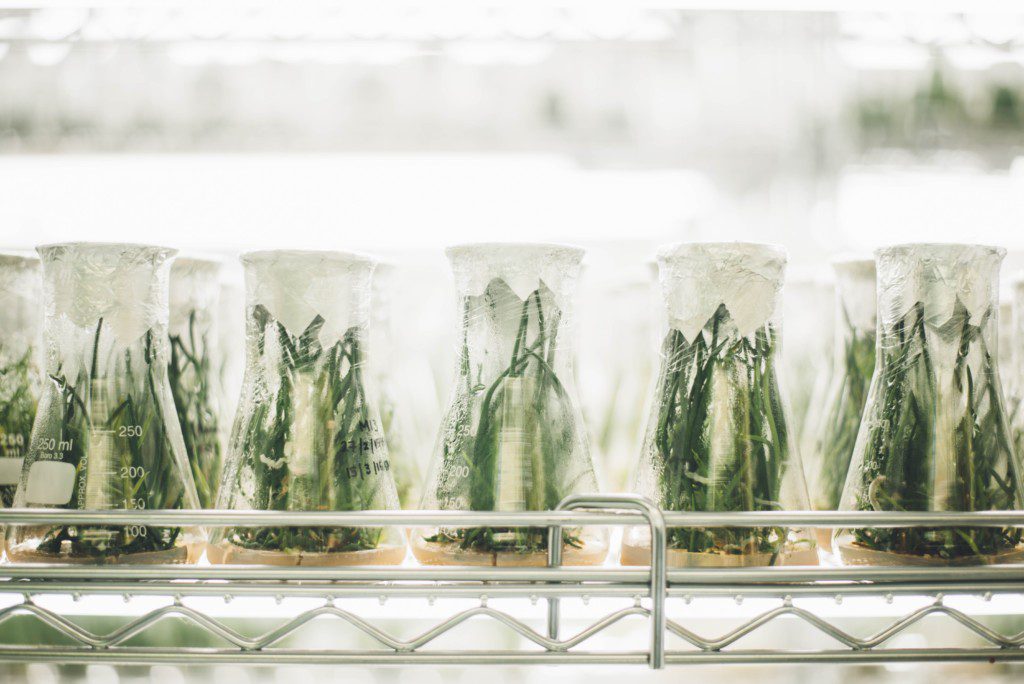 Having access to pure water is highly important for many laboratory applications. The benefits of easy access to good water quality include:
Having access to pure water is highly important for many laboratory applications. The benefits of easy access to good water quality include:
- Clean water is necessary for the completion of most tests, reactions, and experiments that are performed in a lab setting
- Higher quality water is cheaper and less flammable than the majority of organic solvents
- Having contaminants in the water can create incorrect test results
- Pure water is essential for ultra-sensitive lab analytics
- Most bio-pharmaceutical applications have water quality standards that must be met, which means that access to clean water avoids the need for water treatment
Residential
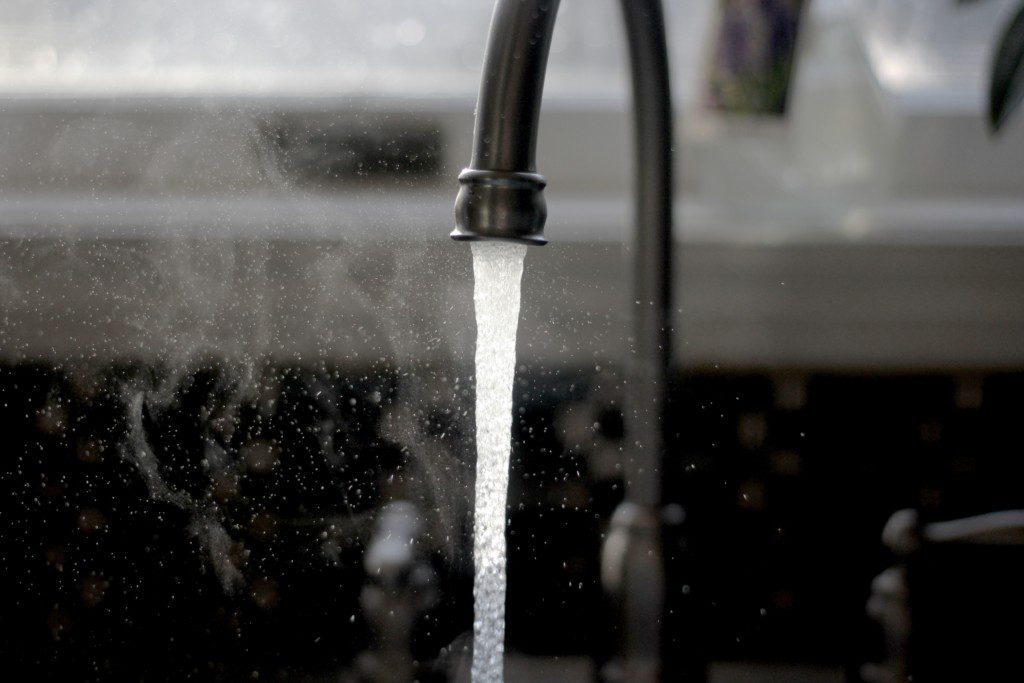 There are a myriad of benefits that are provided to homeowners when they have clean water running through their home. Many of these benefits are health-related. For instance, pure water can effectively:
There are a myriad of benefits that are provided to homeowners when they have clean water running through their home. Many of these benefits are health-related. For instance, pure water can effectively:
- Relieve headaches
- Get rid of toxins in the body
- Improve a person’s complexion
- Promote weight loss
- Help with digestion
Clean water is also important for such residential activities as cooking, cleaning, and bathing. Keep in mind that unclean water can lead to an increase of scale, which heightens the possibility that your plumbing appliances and fixtures could degrade in quality and eventually rupture.
Industrial
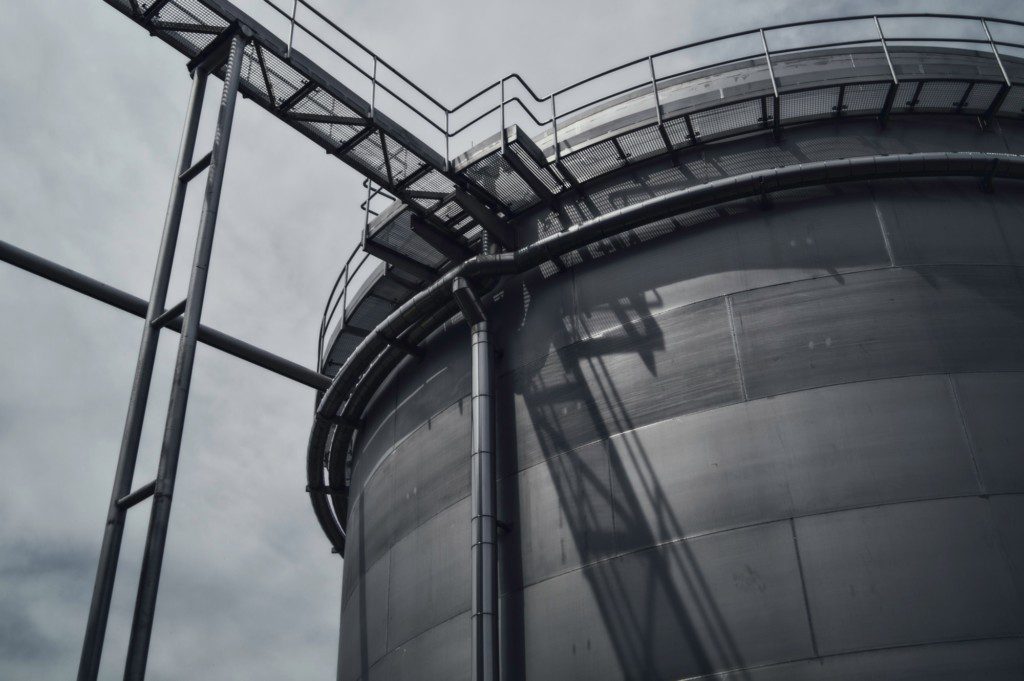
Many industries rely on the constant availability of clean water. Whether your business uses a boiler for heating or for such applications as food processing, metal smelting, and heating engineering, keeping your boiler water clean and free from impurities is integral to making sure that the boiler remains in good condition.
For instance, pure water is absolutely essential for numerous food processing applications, which include everything from primary production of food to using water as an ingredient in a food item. No matter the application, poor water quality could endanger public health.
The numerous industrial benefits of good water quality include:
- Makes sure that your equipment runs at peak efficiency
- Allows you to maintain public health and health of your employees
- Ensures that scale doesn’t increase on costly equipment
- Allows you to avoid polluting the surrounding environment
Why You Should Aim to Maintain Water Quality Standards

It’s important for you to have good water quality because:
- Poor water quality can create health problems
- Clean water keeps pipes and equipment running efficiently
- Poor water quality can cause scale to increase and equipment to become damaged over time
- Animal and plant life require clean water to live
- Wastewater treatment facilities can’t function without good water quality
The main reason that good water quality is important is because it helps to eliminate toxins from the body and can keep a person healthy.
Bad water quality, on the other hand, is highly problematic and can create numerous health problems and other issues, which include:
- Hair loss
- Renal failure
- Neural disorder
- Liver cirrhosis
- The development of various bacterial diseases, each of which comes with numerous symptoms
- Viral diseases like gastroenteritis and poliomyelitis
Whether you’re trying to improve the quality of water at your home or at a food processing plant, contaminated water is very unhealthy and can even create problems with equipment like boilers and cooling towers.
Because of the many problems that are brought about by poor water quality, it’s highly recommended that you test and treat your water to keep it clean.
How to Achieve & Maintain Pristine Water Quality
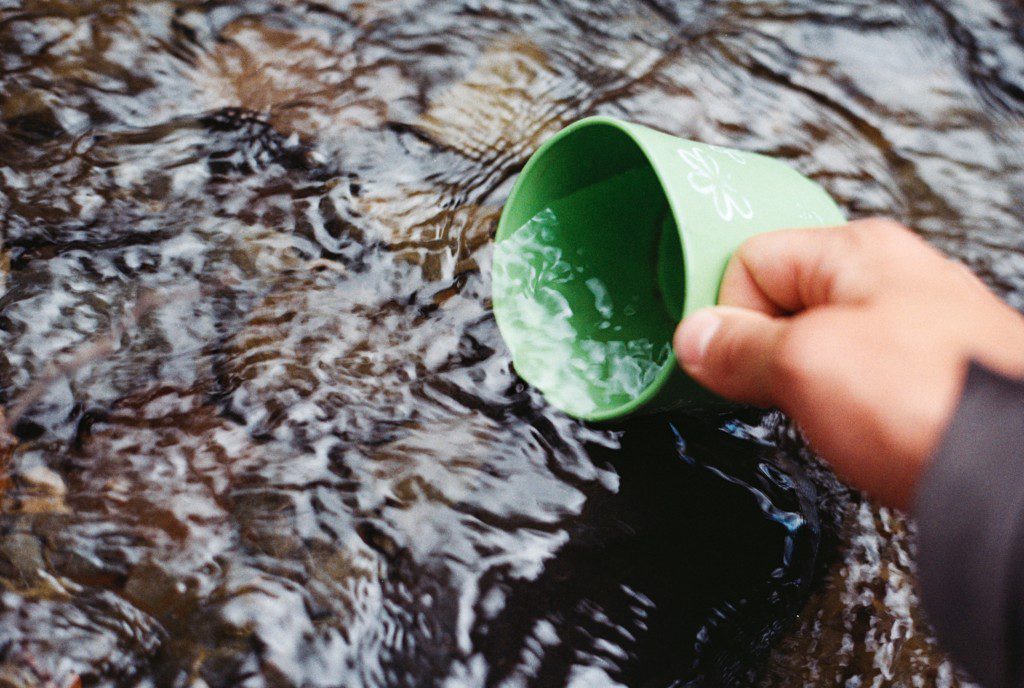
Good water quality can be achieved by treating the water whenever contaminants increase to a certain level. The WQA offers some fantastic resources that you can use once you’ve determined that your water needs to be treated. These resources extend to information about water treatment for residential purposes or for industrial purposes. You can also find a provider directory at this link that allows you to search for qualified water providers that are situated nearby your home or building.
When you want to achieve good water quality, there are many useful methods of water treatment to consider. The main methodologies that can be administered for water treatment include:
- Distillation
- Several filtration methods
- Deionization
- Electrodeionization
- Adsorption
- Ultraviolet oxidation
You can find a detailed analysis of these methodologies along with the pros and cons of each at this link, which should help you identify the treatment method that’s right for you.
Sensorex Water Quality and Water Sensor Products
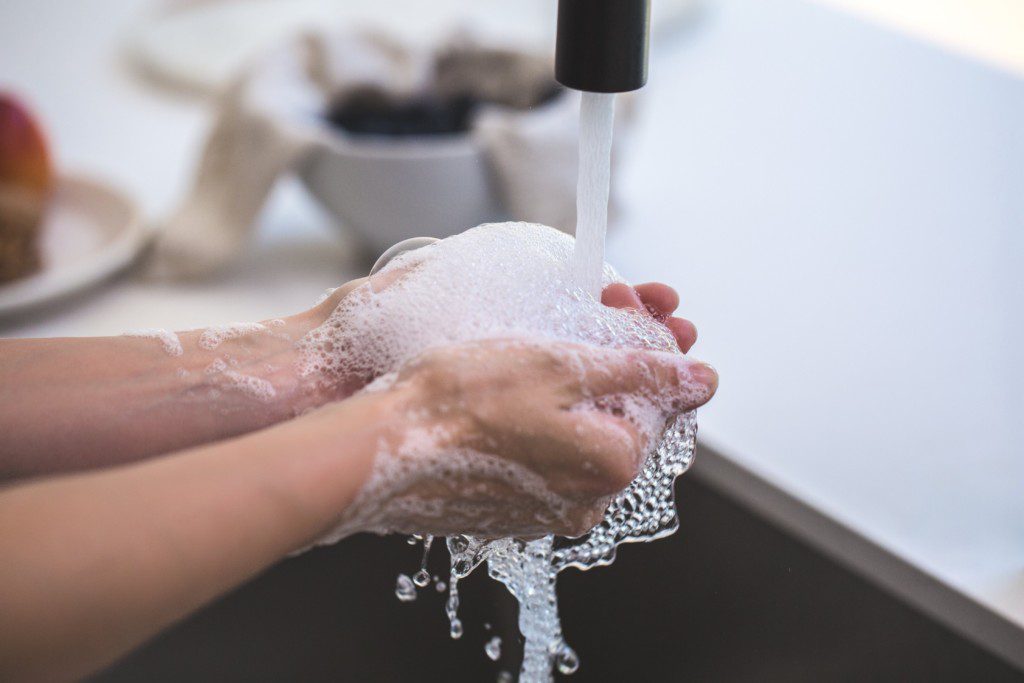 There are many helpful Sensorex products that you can use to determine the quality of your water. Whether you’re looking to maintain your pool water or need to make sure that the source water for your boiler is clean, the sensors that we provide give you the ability to measure such metrics as pH levels, dissolved oxygen levels, and conductivity.
There are many helpful Sensorex products that you can use to determine the quality of your water. Whether you’re looking to maintain your pool water or need to make sure that the source water for your boiler is clean, the sensors that we provide give you the ability to measure such metrics as pH levels, dissolved oxygen levels, and conductivity.
If you’re interested in measuring the pH levels of your water to properly identify the balance of acidity and alkalinity, we offer high quality differential pH sensors such as the SD7000 and SD7500 sensors. We offer lightweight lab sensors as well as heavy-duty sensors that can be used for more rigorous applications. If you want to test the dissolved oxygen levels of your water, consider using this galvanic DO sensor. All of the products that we provide are aimed at helping industries and individuals keep their water clean.
Improve Your Water with Water Quality Association and Sensorex
If you want to become a member of WQA, all you need to do is sign up for an account on their website and begin your application. This membership is open to any individual, firm, or corporation that’s a part of the water quality industry. However, the membership dues can be high, which is why you should consider conducting a cost/benefit analysis before signing up for a membership. The three primary membership levels include E, Core, and Premier, each of which provides extensive benefits.
When you obtain a dealer membership, your membership fees can range from $595-$25,665 per year depending on your annual sales volume. Check out this link to identify what your membership dues will be depending on your role in the industry. You can start your application here. Sensorex also offers a wide variety of resources and products that could prove useful for any individual or company that’s interested in maintaining water quality.
With the sensors that we provide, you can achieve excellent water quality by measuring the water and determining how clean it is. If the pH level isn’t balanced or the dissolved oxygen levels are too high, you can use the information from our sensors to treat your water.
Once treatment has been completed, these sensors will help you determine if the treatment has been effective. Contact Sensorex today to learn more about all of the products that we provide.
Posted by Sensorex on January 28, 2020
Sensorex is a global leader in the design and manufacture of quality sensors for water quality and process applications. The company offers more than 2000 sensor packages for pH, ORP, conductivity, dissolved oxygen, free chlorine, chlorine dioxide, UV transmittance and other specialty measurements, as well as a full line of sensor accessories and transmitters. Its expert technical support engineers solve analytical sensor challenges with custom designs and off the shelf products.
